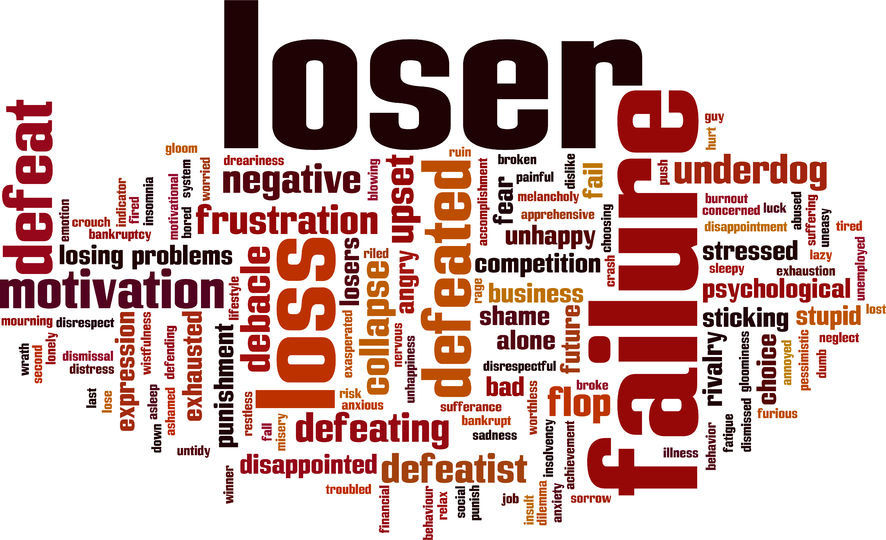I’ve been in a season of relative silence. Words are churning in my mind and heart, but I’m struggling to write. So, I’m listening more lately. And this keeps coming up again and again: we are a culture that glorifies brokenness.
Whether it’s reality TV, big cable news, Facebook, or Twitter we celebrate the broken. We would expect fallen systems to revel in brokenness. But you hear this around the coffee pot at church and in music on Christian radio and even from important Christian authors (see below), “We are the broken.”
Have you heard people in church calling Christians “broken people”? It’s hard to get through a week without seeing a blog post about our brokenness (I’ve written about it here, too). Have you said to someone, or to yourself, “I’m just a broken person, in need of grace”? Well, we are all in need of grace, but what does it mean to be “broken”?
Please know that I don’t mean to stir up anger or divide people… But let’s consider something: are Christians embracing a label—BROKEN—that conveys pervasive discouragement and pessimism instead of mustard seed faith and hope?
- Yes. This is a broken world.
- Yes. Those who don’t know Jesus are utterly broken and in need of redemption.
- Yes. Those of us who know Jesus, The “Redeemed,” still experience broken hearts, broken relationships, broken bodies, and we live in this broken world.
- Yes. We are imperfect and frequently act out in broken ways. We are not whole in the way we will be when we are with Christ in Eternity, but…
Are Christians really a “broken” people?
I’m asking myself, Is “broken” my true identity, now that I am united with Christ? Because this is the meaning of broken:
Definition of Broken (from Merriam-Webster.com)
- violently separated into parts (shattered broken windows)
- damaged/altered by breaking such as:
- having undergone or been subjected to fracture (a broken leg)
- not working properly (a broken camera)
- of land surfaces, being irregular, interrupted, or full of obstacles (a long broken ridge)
- violated by transgression
- not kept or honored (a broken promise)
- discontinuous, interrupted (broken sleep)
- disrupted by change
- made weak or infirm (his old, broken body)
- subdued completely; crushed, sorrowful (a broken heart, a broken spirit)
- bankrupt
- reduced in rank (was broken from sergeant to private)
- cut off, disconnected (spoke a few broken words)
- imperfectly spoken or written (broken English)
- not complete or full (a broken bale of hay)
- disunited by divorce, separation, or desertion of one parent (children from broken homes, a broken family)
If you are Christian, and you call yourself “broken,” what are you saying about the work of Christ (2 Corinthians 4:5-10)? About your union with Christ (Galatians 2:20)? About your adoption by God (Romans 8:14-17)? About His promises—kept, not broken—in your life (2 Corinthians 1:20-22)?
Are you broken—or made whole—by the presence of Christ in you (Colossians 2:9-10)?
If you were broken and in need of a savior—and Christ Himself was broken for you—what was it all for, if you now remain broken?
As for me, I called myself “loser” for years. I labeled myself a failure when I made a mistake, instead of saying, “I failed.” So I know that I don’t want “broken” to be my new label. Or identity. Because I know that wholeness is what comes from union with Christ. I have the Holy Spirit living in me. Without Him, I am broken. With Him, I am made whole.
 Sunday in church, we had a brilliant sermon from guest pastor, Covenant College seminarian, Dr. Daniel Doriani. He said that, as we read the Bible, we should remember that God is the hero of each story, not the person we are reading about (example: not Peter, or David, or Daniel). I said something similar when teaching Prodigal Confessions to a large group in Arizona:
Sunday in church, we had a brilliant sermon from guest pastor, Covenant College seminarian, Dr. Daniel Doriani. He said that, as we read the Bible, we should remember that God is the hero of each story, not the person we are reading about (example: not Peter, or David, or Daniel). I said something similar when teaching Prodigal Confessions to a large group in Arizona:
As you look back on your life,
you have to remember that
you are not the hero of your story.
God is.
If God is the hero of our stories, is His triumph shown when we primarily identify ourselves as broken, rather than made whole? Sometimes, we live more broken than redeemed, but that doesn’t change what is really true about us. If someone is a millionaire, who lives as a homeless person on the streets, that person is still a millionaire.
I know that God uses all of my struggles and imperfections, even my sin, to humble me and draw me closer to him, which is for my good and His glory—but this is more about Him making me whole, than my brokenness. Have you noticed people calling themselves “broken” and struggling to see the good in it? When we are in the midst of difficulties, it’s easy to feel defeated and discouraged, focusing on endless shortcomings, rather than rejoicing in being made whole. But maybe that’s when we need to cling to wholeness the most?
I don’t have the answer. I have lots of questions. And I’d just like to start a conversation here, because I think we should consider the power of this word. We use it so casually, but I think we should be more careful. How do you see it?

P.S. Did you see that you had to read the word broken over 40 times? Now you know how I feel!





Thank you, Britta, for writing this. I needed to hear it and will ponder it. ?
Thank you! Let me know your thoughts when you’ve sorted through them! 🙂